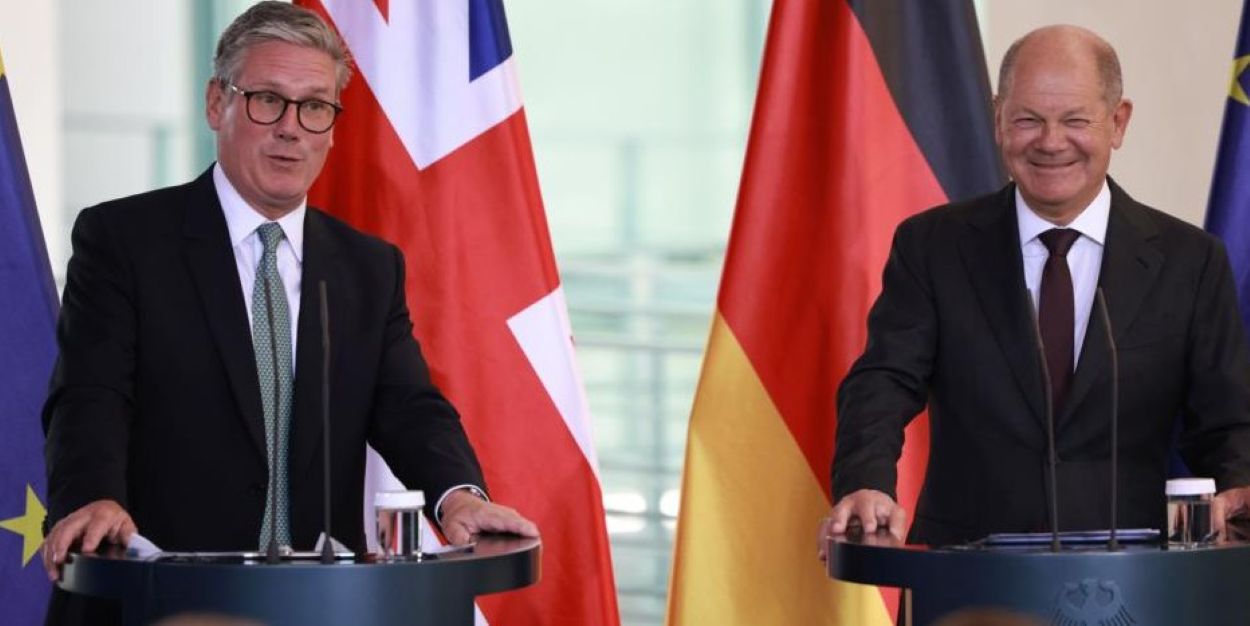The United Kingdom and Germany announced on May 14, 2025, a joint project to develop a “deep precision strike” weapon with a range exceeding 2,000 kilometres (1,242 miles), strengthening defence cooperation between Europe’s two largest economies.
As reported by Reuters, the initiative, building on a 2024 bilateral defence pact, responds to U.S. President Donald Trump’s call for Europe to bolster its security amid concerns over Ukraine’s escalating conflict.
The long-range weapon project, announced by UK Defence Minister John Healey and German counterpart Boris Pistorius in Berlin, aims to enhance NATO and European defence capabilities, per The Guardian. Healey emphasised, “This partnership is helping make defence an engine for growth,” highlighting job creation and investment in both nations. The British government’s statement, cited by BBC News, omitted specifics on timeline or budget.
The project builds on a commitment made last year to develop new weapons, when both countries signed a bilateral defence pact.https://t.co/xBweOtyxWF
— The Star (@staronline) May 15, 2025As noted in Bloomberg, the project follows Trump’s election victory, with his insistence on European self-reliance accelerating defence initiatives. Signed in 2024, the UK-Germany defence pact committed to new weaponry to counter potential Russian escalation in Ukraine.
According to The Financial Times, Healey and Pistorius also discussed joint torpedo procurement for maritime patrol aircraft and Germany’s purchase of UK-made military bridges. These agreements, part of broader defence integration, aim to streamline costs and enhance interoperability.
UK and Germany to jointly develop 2,000km-range strike weapon https://t.co/27alGRZN6Y
— The Straits Times (@straits_times) May 15, 2025The UK-Germany weapon project strengthens Europe’s defence autonomy, reducing reliance on U.S. support amid geopolitical uncertainties, including Middle East tensions post the May 10, 2025, Pakistan-India ceasefire, per CNN. As Healey noted, it could spur job growth and innovation, but it faces scrutiny over costs and timelines.






